When the first edition of my book The Complete Book of Breastfeeding was published in 1972, doctors, hospital nurses, and grandmothers were discouraging women from breastfeeding, saying things like “You’re not cut out to be a cow,” or “Your breasts are too small to have enough milk,” or – as one woman told her daughter, “Why can’t you be like everybody else and do the natural thing – give the baby a bottle?” And a prominent pediatrician told me that nursing a baby beyond one year was abnormal and could cause major psychological problems in the child (this, despite World Health Organization and UNICEF recommendations to nurse for two years or more and despite no evidence that extended nursing caused problems). The year 1971, when I was researching and writing the book, marked the lowest rate of breastfeeding in the history of this country.
Fortunately, health care providers and society at large now recognize that breastfeeding provides the very best start in life, for both physiological and psychological reasons. But now some of the same forces that told women not to breastfeed have mobilized so strongly that they’re now telling her she has to – all day and all night. Women who either cannot breastfeed (a tiny minority), cannot organize their lives to do it (like working women whose jobs don’t offer opportunities to pump or require extensive travel), or just don’t want to (often because they don’t have enough information or enough support) are being pressured in the hospital, in the neighborhood, and in the media. Those who do nurse are told by some authority figures that they have to do it a certain way – every time the baby whimpers, all night long with the baby in bed with mom and dad, all day long as mom walks around carrying her baby in a sling, and for as many years as her child wants to stay at the breast. All these practices are fine – if that’s what the mom wants to do – but not if she’s made to feel that by not following this rulebook she’s a bad mom or an inadequate mom who will doom her child to an unhappy or unhealthy life.
TIME Magazine jumped into the mommy rules and the mommy wars in a disgustingly sensational way that did a disservice to both the mother and the child – and to legions of nursing couples -- on its May 21 cover. As everyone in the parenting world now knows, this showed a provocative photo of a mother and a nursing preschooler in a pose that’s about the unlikeliest nursing position I can think of -- and I have seen plenty of mothers nursing older children. They don’t do it standing hands on hips, with both mom and child looking at the camera instead of each other. I can just see the photo shoot with both mom and child getting constant directives to make the most outrageous photo possible. Then the cover line with the photo posed the demeaning question “Are You Mom Enough?”
The cover story went on to profile Dr. William Sears, the pediatrician who has written some 40 books, mostly promoting what he calls “attachment parenting,” the philosophy that babies thrive on almost constant nursing, body contact, and parental co-sleeping, and that babies deprived of some of these elements are likely to develop serious problems of maladjustment. The article only briefly alludes to the fact that there’s no evidence for such dire results from more typical loving parenting. Basically, the sentence I wrote in the first edition of my book (and have repeated in all revisions, including the 2010 4th edition), which has in fact been upheld by research, still holds: A child raised in a loving home can grow up to be healthy and psychologically secure no matter how she or he receives nourishment.

















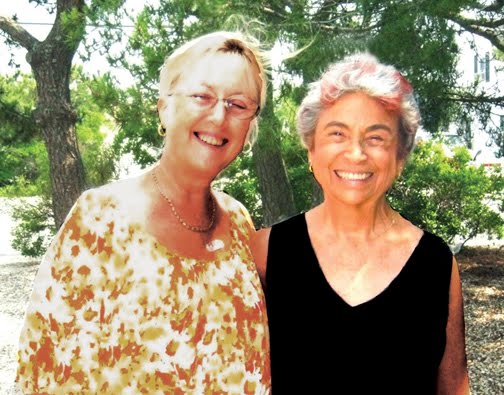.jpg)
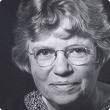


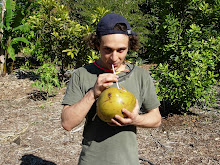

.jpg)
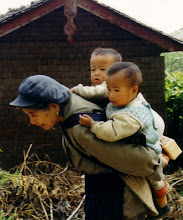.jpg)
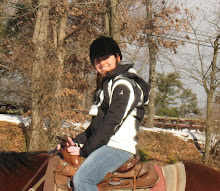.jpg)
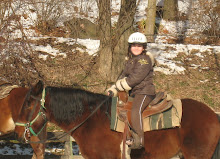.jpg)


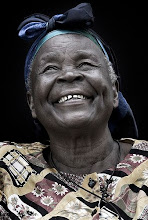

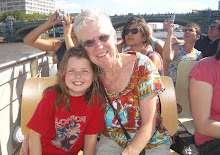.jpg)





.jpg)